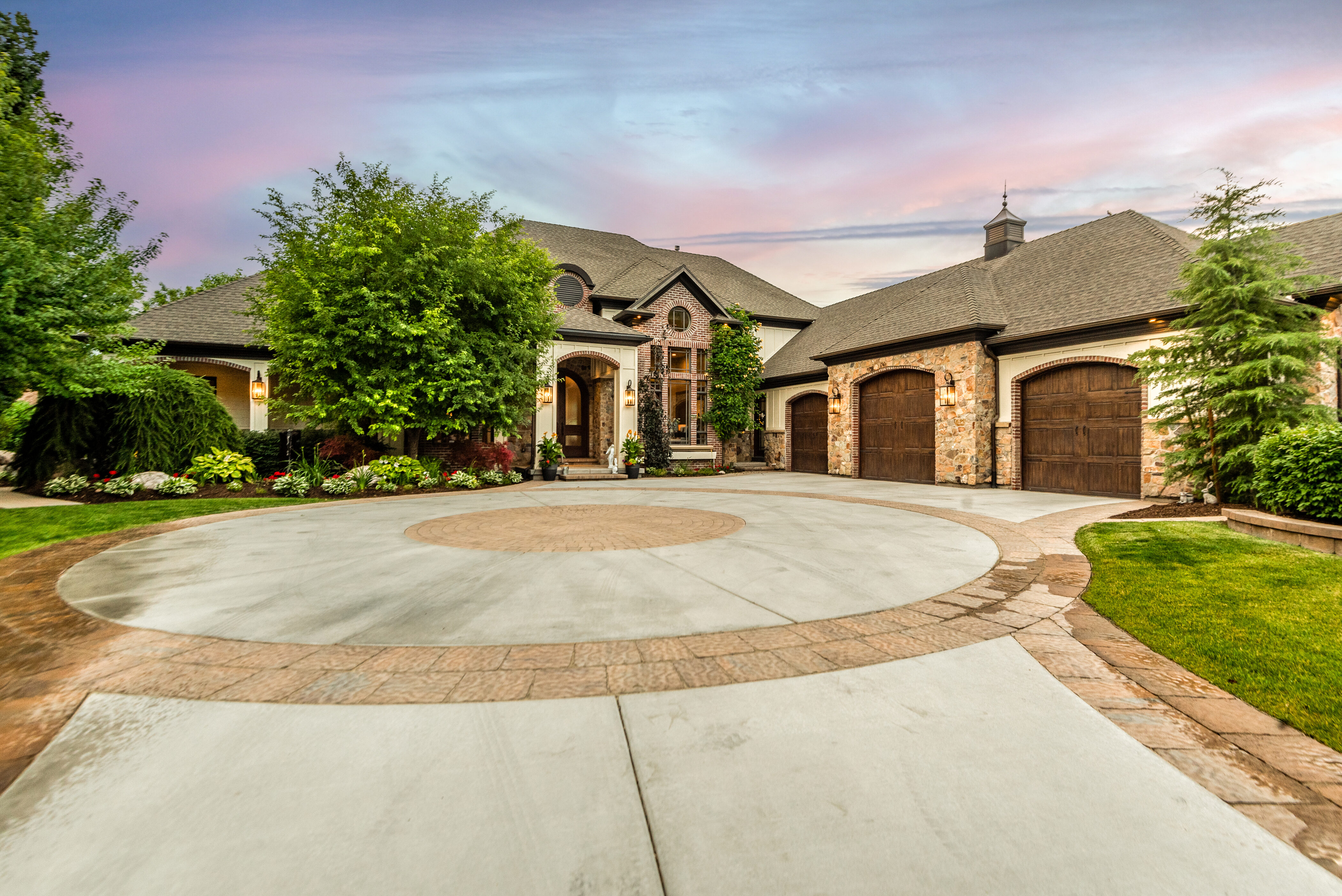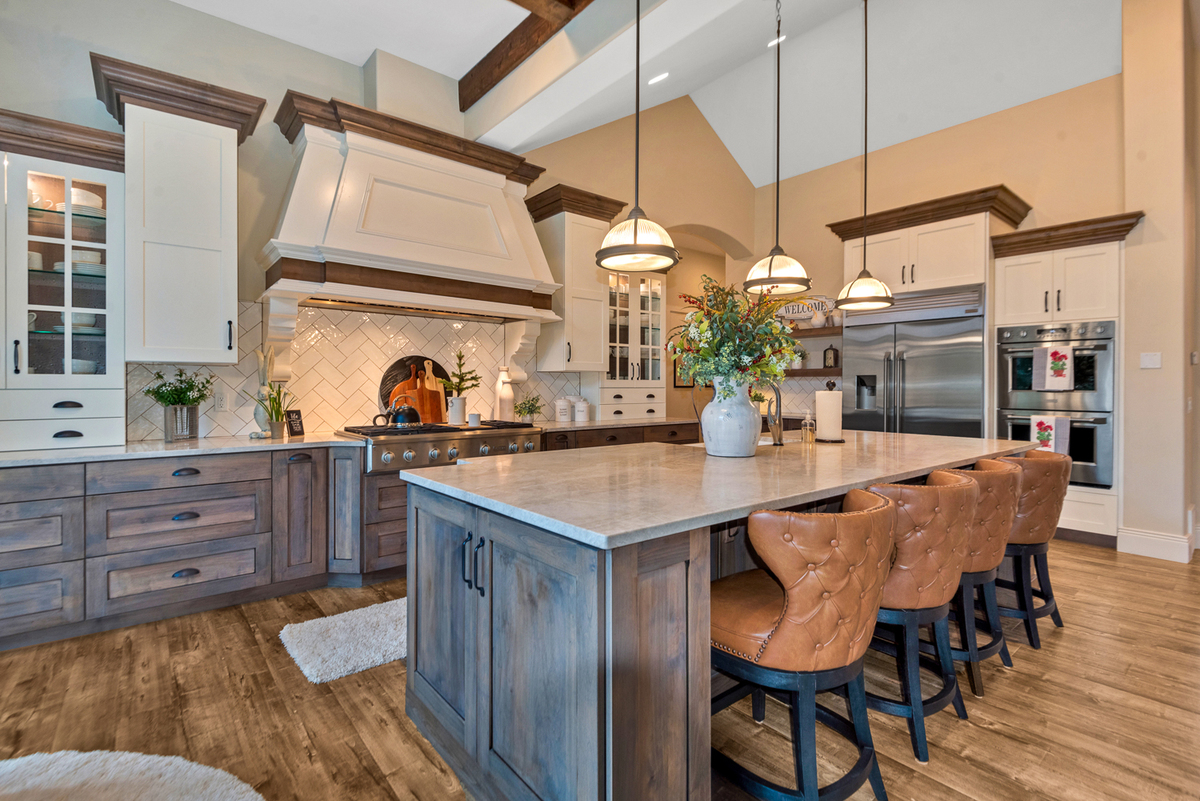A thorough inspection of a fixer-upper reveals hidden issues, ensuring you’re financially prepared for repairs and setting you up for success.
Buying a home is one of the most significant decisions of your life, and while you might dream of finding the perfect, move-in-ready property, the reality is that the perfect home often starts out imperfect. The truth is that the perfect home is the one you make perfect.
Whether looking at a fixer-upper or an investment property, there’s a wealth of potential in transforming a house into your dream home. Here’s what you need to know to make the process smooth, strategic, and rewarding:
1. Location is key. Before you fall in love with a property, take a step back and focus on its location. A great deal on a house can quickly become a poor investment if it’s in the wrong area. For example, a fixer-upper may be priced lower than others, but if it’s in a neighborhood you wouldn’t feel comfortable living in—especially with your family—it’s not the right choice.
“The perfect home isn’t found; it’s made—with careful planning, budgeting, and a solid vision.”
Take time to explore the area. Look for signs of a healthy neighborhood: good schools, safety, and proximity to amenities. If unsure, a simple but effective tip is to knock on the neighbors’ doors and ask them about the area. They’ll offer insights you can’t get from a Realtor or online listing.
2. Budget for the unexpected. When buying an older home, expect the unexpected. No matter how thorough your initial inspection is, there will always be hidden issues once the walls are opened. That’s why adding a cushion to your renovation budget is crucial—10 to 20% is a good rule of thumb. This “padding” helps cover unforeseen expenses like plumbing or electrical repairs, which can quickly spiral into costly problems.
Too many buyers fall into the trap of underestimating the costs of fixing up a property. Without a solid buffer in your budget, you risk ending up “underwater” when it’s time to sell. Planning for surprises means you can confidently move forward, knowing you’re financially prepared for whatever comes next.
3. The power of a thorough home inspection. A home inspection is a must—this is your safety net and your opportunity to understand what you’re getting into fully. For older homes, don’t stop at a general inspection; go deeper. Consider adding a sewer scope, meth test, or specialized checks for electrical and plumbing systems. A solid inspection will give you critical insights into what needs fixing and help you prioritize repairs.
This process isn’t just about identifying problems; it’s about creating a clear picture of the work ahead. Every issue you uncover will guide your next steps and help you assemble a team of contractors.
4. Prioritize your renovations. It’s easy to get lost in the excitement of all the possibilities when it comes to fixer-uppers. But not every renovation is created equal. To ensure you’re making smart investments, focus on the things that matter most. Think of the upgrades in three categories:
- Must-haves: These are essential upgrades for your family’s comfort and future resale value. Examples include adding a second bedroom or fixing a structural issue.
- Nice-to-haves: These improvements would make your life easier or more enjoyable, but they’re not essential. Perhaps you’d like to replace the countertops or add new lighting fixtures, but these can wait if necessary.
- Luxury items: These are the “wow” features that make a home stand out. Whether it’s a high-end backsplash or a stunning chandelier in the entryway, these features add personality and charm to your home. Adding these will not only elevate your home’s appeal but can also boost its resale value.
5. Make it move-in ready. The more you can do to make the home look “move-in ready,” the more you’ll stand out in the market. Buyers—and renters—will appreciate your effort to make the home attractive and livable. Even minor improvements like replacing outdated appliances with stainless steel or adding modern fixtures can make a huge difference.
These upgrades don’t always have to be expensive or high-end but should enhance the home’s presentation. A well-kept property will sell faster and for more money.
In real estate, buying a fixer-upper doesn’t have to feel overwhelming. You can transform any property into the perfect home with the proper planning, budgeting, and renovations. Focus on the location, plan for unexpected costs, and prioritize essential upgrades. A little extra effort will pay off in the long run.
If you’re ready to take the next step in your homebuying journey or want a professional evaluation of your current property, contact me at (801) 285-0521 or justin@justinudy.com. I’m here to help you manage the market, make informed decisions, and find a home you’ll love for years to come.



